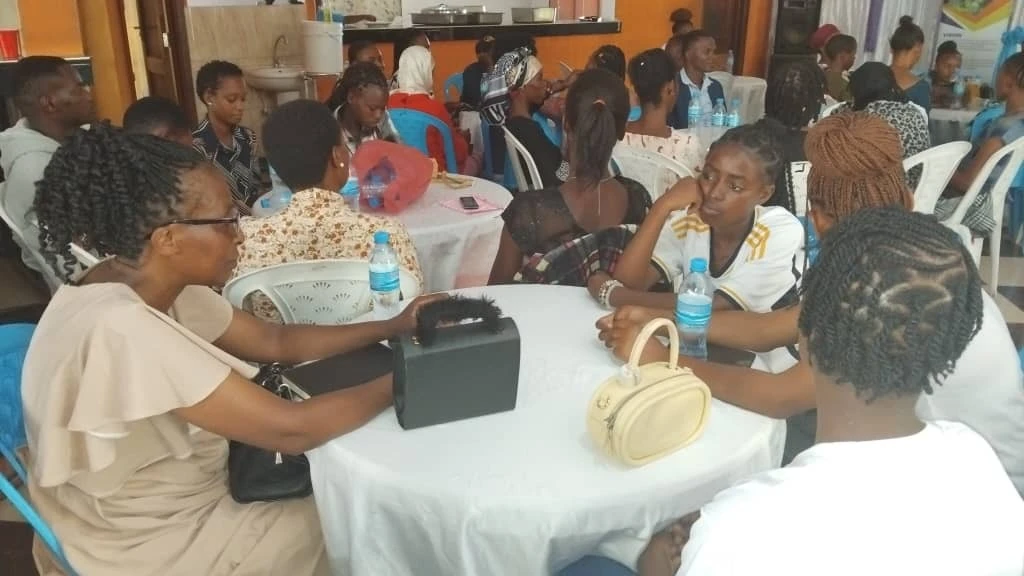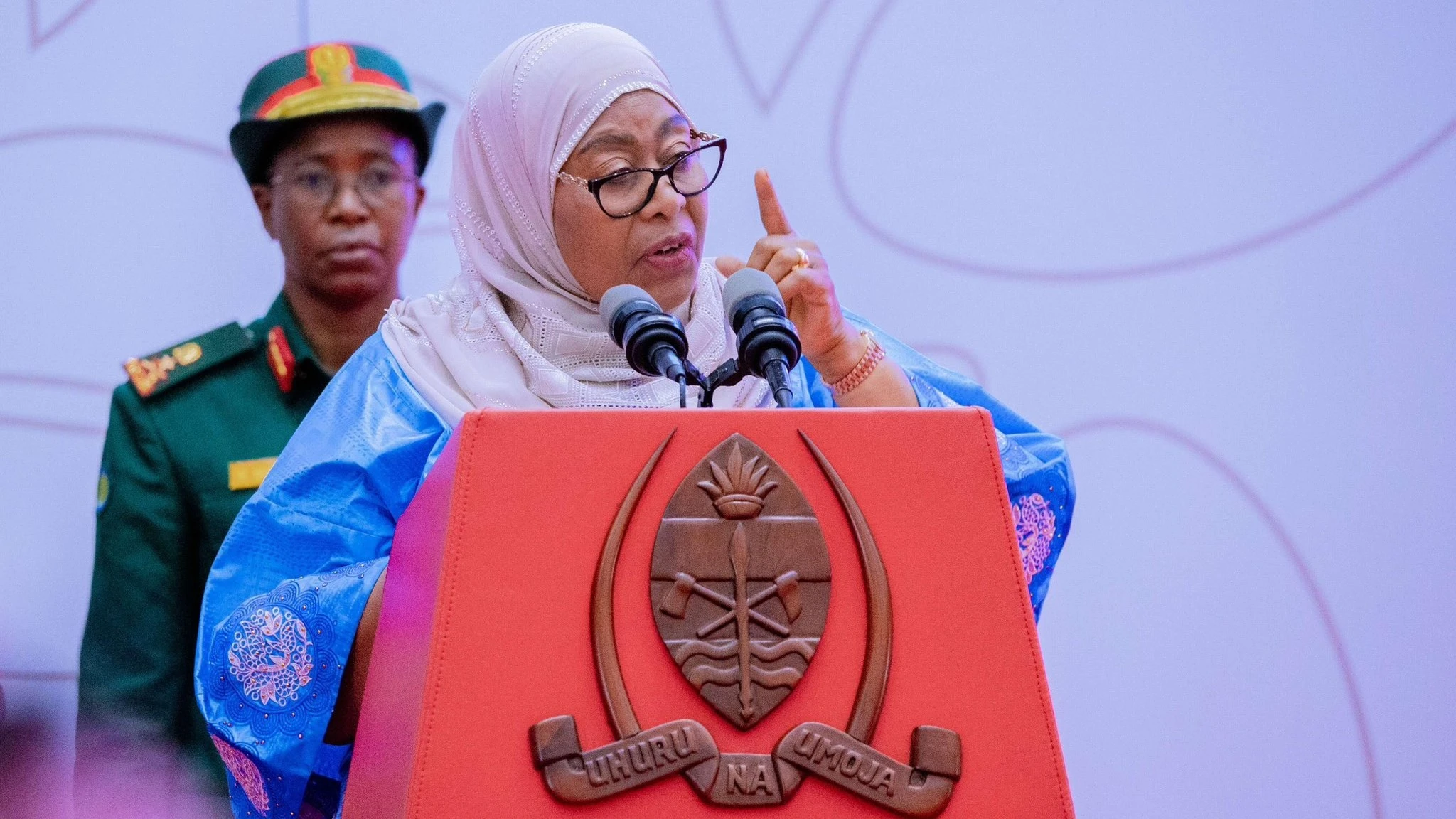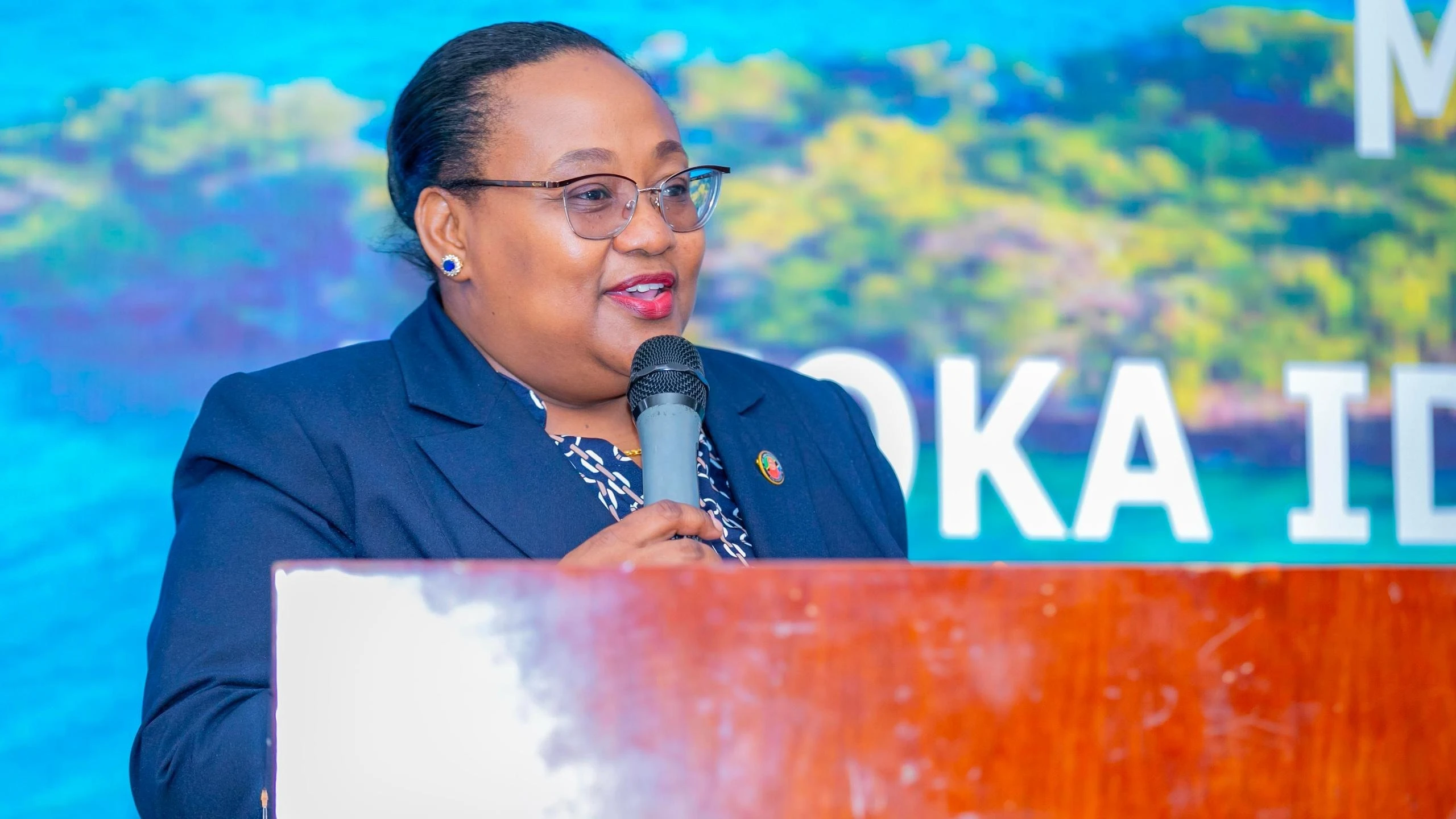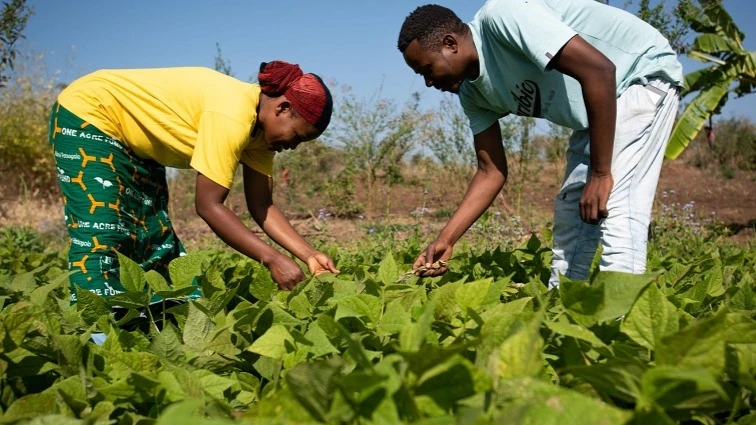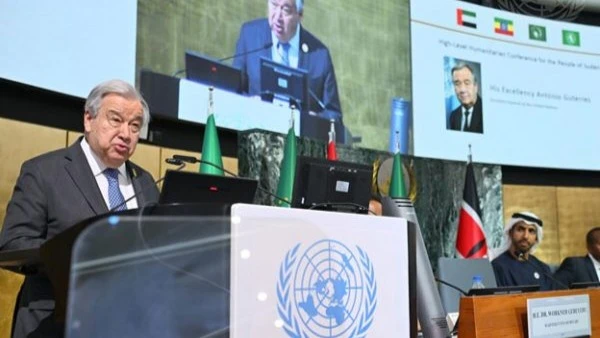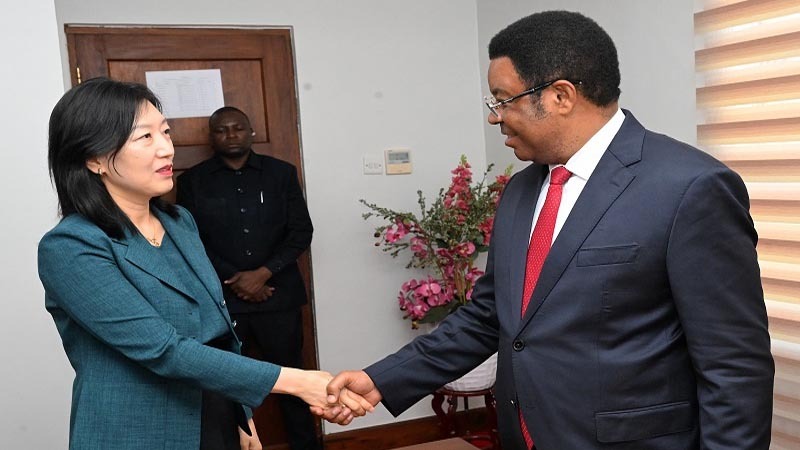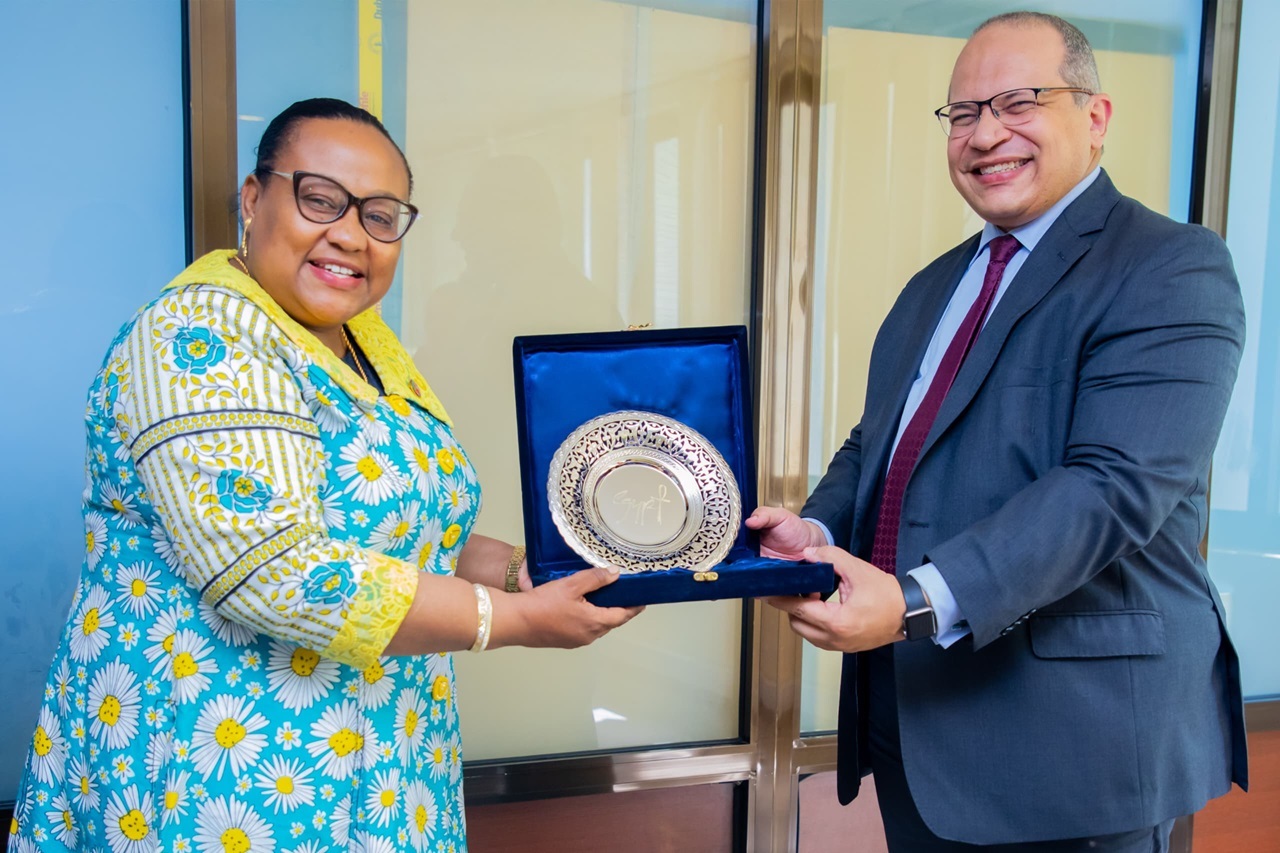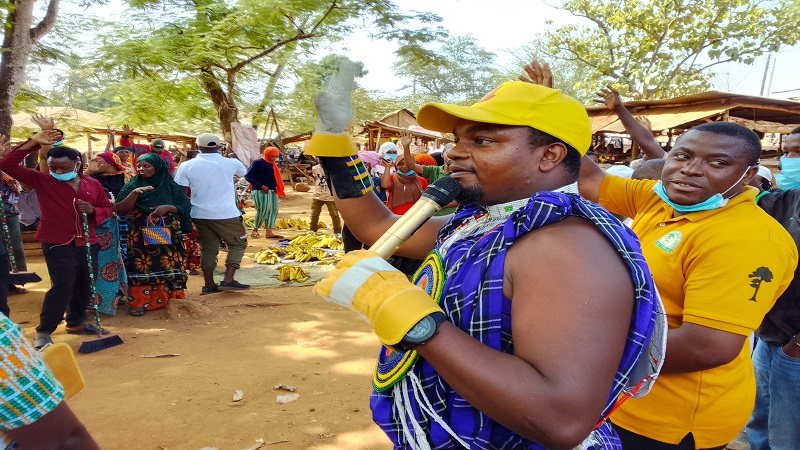Govt readies rules on use of artificial intelligence

PREPARATIONS for a law on information and communications technology (ICT) which will include areas of emerging technologies including artificial intelligence are being coordinated by the Ministry of Information, Communication, and Information Technology.
Nape Nnauye, the minister, made this remark when presenting budget estimates pegged at 180.92bn/- in the National Assembly yesterday, highlighting that a National Communications Security Centre was being designed.
It will help to revitalise the management of crime statistics and cybercrime, linked with the police force, the National Prosecutor's Office and the courts; enhancing the capacity of the digital investigation unit at police headquarters.
Efforts are also being initiated to review the Cybercrime Act of 2015 to prepare standards for the use of recent technologies, updating the registration of ICT experts while conducting research on the direction of ICT development.
ICT colleges are slated for Nala area in Dodoma and Buhigwe in Kigoma, along with setting up the national ICT data management system, he said, alluding to major initiatives in the country’s space programmes with the establishment of the Tanzania Space Agency.
It will promote the use of satellite technologies in facilitating access to communication services with emphasis on defence and security, research, disaster response and weather forecasting, he said.
Plans are being made for a targeted programme where young people can develop ICT skills at all levels, he said, pointing at nine projects for the provision of reliable and cost-effective information services.
The thrust is placed on creating an environment that promotes creativity, taking the country into the digital economy, he said, raising intentions to connect the information of every citizen into a digital account enabling access to digital services in various situations.
The Media Institute of Southern Africa (MISA) plans to educate the public on the correct use of communication services, while the ministry seeks to pursue the setting up of an Accreditation Board, an Independent Press Council and a Journalists' Fund, plus revitalizing functions of government information officers.
He listed six regions as reporting a large number of fraud incidents online, namely Rukwa, Morogoro, Dar es Salaam, Tabora, Songwe and Mwanza.
Statistics show that registered mobile phone lines have increased from 62.3m in April 2023 to 72.5m lines in April 2024, a 16.4 percent increase, while internet users increased from 33.1m in April 2023 to 36.8m in April 2024, an 11.2 percent equal increase.
Phone lines used to send and receive money through the mobile phone network increased from 44.3m in April 2023 to 53.0m in April 2024, an 8.7 percent increase, he further noted, welcoming comments on the artificial intelligence guidelines.
This includes the strategy for conducting ICT research and innovation, national guidelines for information exchange, national social expenditure guide, information technology monitoring plus an evaluation and cyber security strategy, he added.
Top Headlines
© 2025 IPPMEDIA.COM. ALL RIGHTS RESERVED










